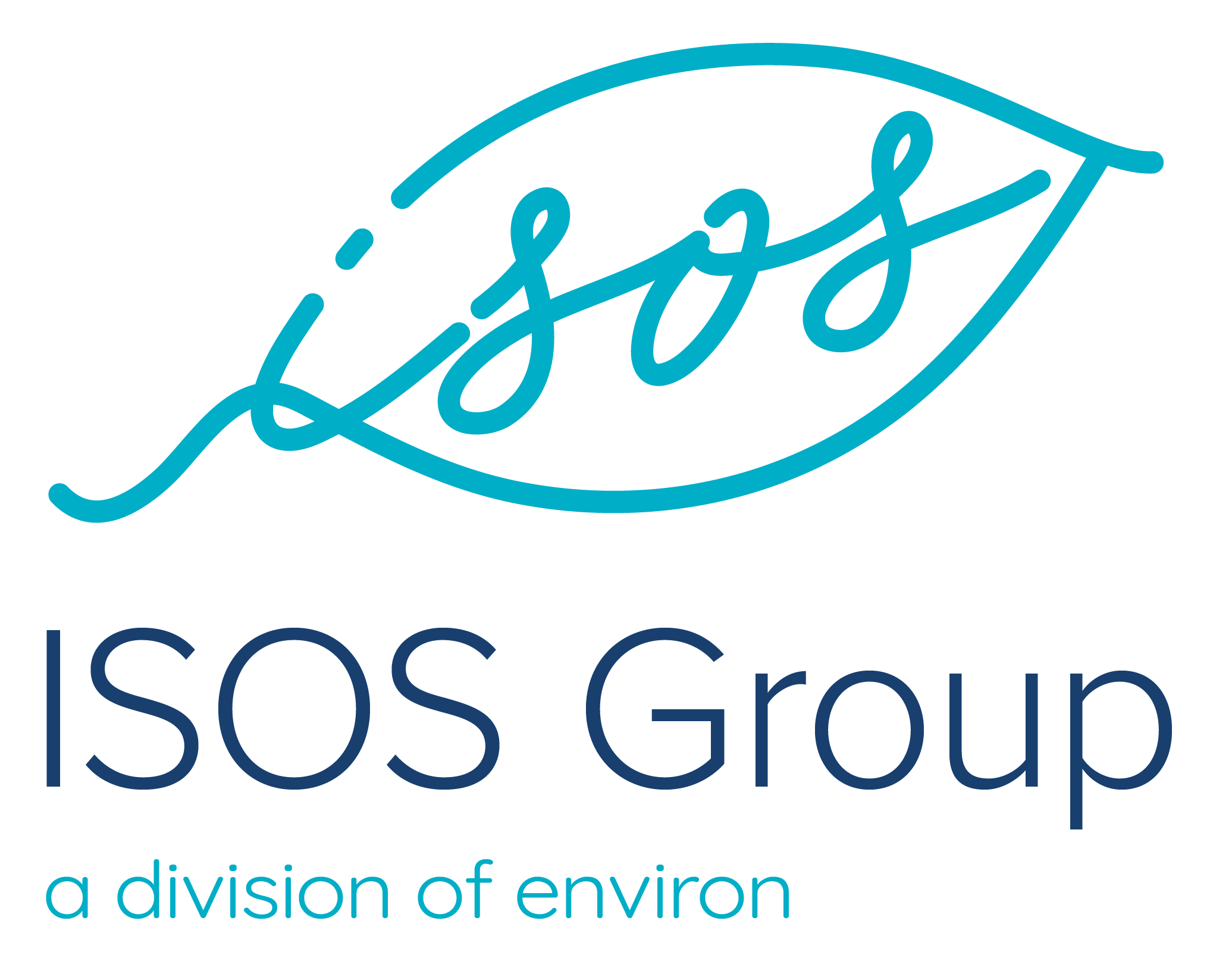The Biggest Sustainability Stories of 2021 and Trends to Watch in 2022
As we prepared for this year-end insight, the ISOS Group team shared their perspectives on the events that stood out most in 2021 and which ones would reverberate into the coming year. The climate crisis and COVID-19 pandemic – and their interconnections and impacts – were evident throughout. Here are our picks for this year’s top sustainability stories and trends to watch in 2022:
COP 26 and the Road Ahead: Among the most anticipated and closely watched events of 2021 was the 26th Conference of the Parties (COP26) in Glasgow, Scotland. Many world leaders and activists expressed disappointment with the Glasgow Climate Pact – warning that countries must further bolster their commitments to avoid the worst consequences of climate change. The goal of the negotiations was to cut emissions fast enough to keep the world within the crucial 1.5 degrees Celsius threshold, which was the central goal of the 2015 Paris accord. However, based on current commitments, the Earth is headed towards 2.4 degrees of warming. Other key points of contention include the unfulfilled financial commitments made by wealthier nations, last-minute semantics around “phasing out” vs. “phasing down” coal, and the general lack of women and young people involved in the decision-making process.
Strategies for Achieving Net Zero and the Threat of “Greenwashing”: According to research published in March by the UK-based Energy and Climate Intelligence Unit (ECIU) and Oxford Net Zero, one in five of the world’s 2,000 largest publicly listed companies have committed to a net-zero emissions target. However, many of these targets have yet to be backed up by “transparent and robust steps,” leading to growing concerns around greenwashing. Additionally, many of these companies do not count Scope 3 emissions, which can often be significant. It is also common for companies to depend on unreliable, unproven, or hard to regulate strategies to offset their carbon production.
“Nature-based solutions to offset carbon emissions are founded on a flawed assumption that it is possible to trade off harm in one place with good intentions elsewhere” – Friends of the Earth
Lacking concrete mitigation strategies is not only a reputational threat to companies, but it also presents legal concerns. Case in point: earlier this year, a Dutch court ruled that oil company Royal Dutch Shell must reduce its emissions by 45% by 2030 from 2019 levels. In this first-of-its-kind case – which was dubbed a monumental victory by environmental activists – Shell was also held responsible for its Scope 3 emissions. Shell is appealing the court’s design, continuing to tout its efforts to become a net-zero emissions company by 2050.
SEC Climate Disclosure Rule Proposal Imminent: It appears inevitable that climate-related disclosures will soon become a mandatory part of regulatory filings in the US. In July, Securities and Exchange Commission (SEC) Chair Gary Gensler said he expected his staff to develop mandatory climate risk disclosure rules by the end of the year – emphasizing the need for “consistent comparable and decision-useful” climate risk information. With efforts underway to ensure the draft of its landmark climate risk disclosure mandate is “legally watertight,” a source familiar with the matter does not expect its publication before February 2022. The timeline for disclosure will allow reporting companies a window to ease into the requirements. You can read more about the SEC response to climate and ESG risk and opportunities here.
Updates to Global Reporting Standards Emphasize Human Rights: In October, the Global Reporting Initiative (GRI) launched the revised Universal Standards, its most significant update since 2016, and unveiled its first Sector Standard for oil and gas. Both are part of GRI’s ongoing efforts to strengthen reporting quality and help companies focus disclosure on the most material issues in their sector. The revised Universal Standards are the first to fully reflect due diligence expectations for organizations to manage their sustainability impacts, including on human rights. The release coincided with the tenth anniversary of the UN Guiding Principles on Human Rights (UNGPs), which aims to prevent and address human rights abuse in business operations. In the spirit of continuous improvement, the UN Working Group on Business and Human Rights launched the UNGPs 10+ Roadmap, which lays out eight actions areas to progress toward fuller UNGPs realization over the next decade.
Managing Human Capital and the Great Resignation: One of the top human capital stories of 2021 was the “Great Resignation.” This year, Americans left their jobs in droves. In August, a record-breaking 4.3 million people quit their jobs, representing nearly 3% of the US workforce. After months of high workloads, hiring freezes, and other pressures– especially in industries including healthcare and tech – many workers have reached a breaking point causing them to rethink their work and life goals. The increased shift to remote work and other impacts of the pandemic have also contributed to a renewed focus on work-life balance.
These stories highlight the need to increase the quality and level of ESG disclosure. Greater transparency will enable better decision-making and spur bolder actions on interconnected economic, environmental, and social issues. We look forward to collaborating with our clients, partners, and fellow changemakers to help accelerate progress in 2022. We will keep sharing the information coming across our desks and welcome your feedback on themes and topics you would like us to cover.
